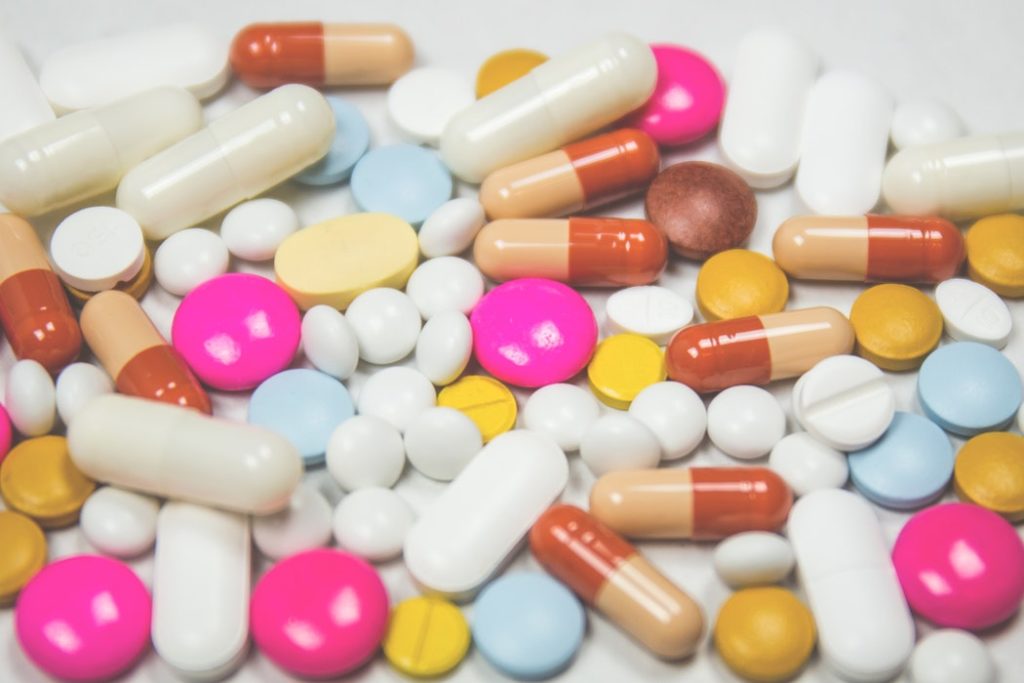Blood Diagnostic Testing for the Layman- LabCorp blood work October 2014
From the time I was first diagnosed with multiple myeloma (MM) in January of 1994, I have learned one thing above all others. Accurate MM diagnostic testing is critical to all therapy-related decision-making. Blood, imaging, urine, etc. any sort of test is where we all start for whatever situation we are in.
An addendum to the issue above is that there are two different types of blood testing that is central to managing my long-term health as a MM survivor. The first type of blood tests are those performed and tracked closely by your oncologist. You know, you track your m-spike, serum calcium, creatinine, etc.
The other type of blood testing are the ones listed below. I track everything from my sodium (salt) to my PSA, TSH, etc. My intention is both multiple myeloma diagnostics as well as diagnostics that are close by not specifically MM diagnostics.
You can have your oncologist take these blood tests but they are much more expensive than having a DIY testing company do them.
I am a long-term MM survivor who fears three things:
- I worry about a relapse of my primary cancer, multiple myeloma-
- I worry about a secondary cancer from all the aggressive, toxic therapies I underwent from my diagnosis in ’94 until I was told “there is nothing more we can do for you” in September of 1997-
- I live with and manage a host of long-term and late stage side-effects including chronic A-fib, chemobrain, eye problems, nerve damage, and recently, a diagnosis of chemotherapy-induced cardiomyopathy-
I have not seen a conventional oncologist in quite a long time. Let me be clear. I am not anti-conventional oncology. I have found that, in my particular case, that conventional oncologists and I have little to discuss.
Further, I am not a professional in any way. The blood testing that I do annually is simply a guide for me.
The last time I had an appointment with a conventional oncologist, I was told “whatever you’re doing, keep doing it.” So I keep doing what I’ve been doing.
One of the things that I do that my onc instructed me to keep on doing is take responsibility for my health. I consider frequent, moderate exercise, nutrition, supplementation, etc. all instances of taking responsibility for my health. I consider all the above as evidence-based, non-toxic, cancer therapies.
Because I am only a layman I like to have some blood testing performed annually to keep an eye on those blood values that I do understand. At least generally.
My concerns are either cancer related or side-effect related.
Heart heath, kidney function, cholesterol, PSA, testosterone, vitamin D3 and CoQ10 are all basic measures that I want to check annually, perform cost-effectively, and check easily/hassel-free. I order the blood tests below through The Life Extension Foundation. LEF offers blood testing through LabCorp. I simply order the tests I want online through LEF, download and print my order form, head to the local LabCorp office, do a quick blood draw and the results are sent to my personal computer.
You do have to be a member of LEF.
To learn more about the blood testing that I do annually, scroll down the page, post a question or comment and I will reply to you ASAP.
Thank you,
David Emerson
- MM Survivor
- MM Coach
- Director PeopleBeatingCancer
Recommended Reading:
Blood Test- value normal range
Creatinine, Serum 0.73 Low mg/dL 0.76-1.27
Sodium, Serum 139 mmol/L 134-144
Protein, Total, Serum 6.4 g/d 6.0-8.5
T. Chol/HDL Ratio 4.2 ratio units 0.0-5.0
LDL Cholesterol Calc 118 High mg/dL 0-99
HDL Cholesterol 42 mg/dL >39
Triglycerides 80 mg/dL 0-149
Homocyst(e)ine, Plasma 15.1 High umol/L 0.0-15.0
“A high level of homocysteine in the blood (hyperhomocysteinemia) makes a person more prone to endothelial cell injury, which leads to inflammation in the blood vessels, which in turn may lead to atherogenesis, which can result in ischemic injury.[3] Hyperhomocysteinemia is therefore a possible risk factor for coronary artery disease. Coronary artery disease occurs when an atherosclerotic plaque blocks blood flow to the coronary arteries, which supply the heart with oxygenated blood.”
Prostate Specific Ag, Serum 0.8 ng/mL 0.0-4.0
DHEA Sullfate 387.2 High ug/dL 71.6-375.4
Testosterone, Serum 471 ng/dL 348-1197
Free Testosterone(Direct) 6.7 Low pg/mL 7.2-24.
Estradiol 59.0 High pg/mL 7.6-42.6
White, Red blood cell count all within the normal range-
Hematocrit, Hemaglobin also both with the normal range-
TSH 3.900 uIU/mL 0.450-4.500
Vitamin D, 25-Hydroxy 31.9 ng/mL 30.0-100.0
Coenzyme Q10, Total 3.20 High ug/mL 0.37-2.20



